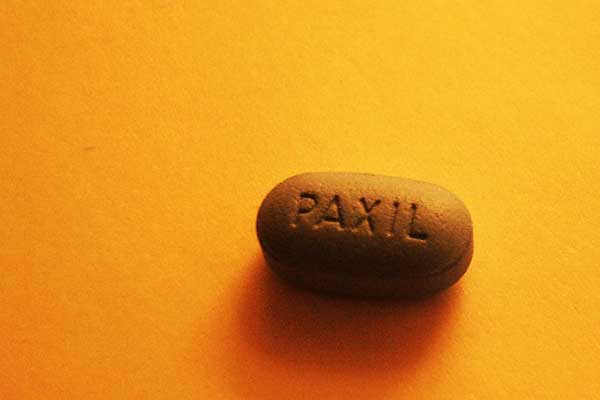The Dangers of Psychotropic Drugs
With almost all of my clients, of the first steps I recommend is that they work with their prescribing physician to wean completely off of psychotropic drugs. Although this is at first daunting and sometimes terrifying to imagine, there are several reasons that this approach is critical to my clients’ success:
Psychotropic drugs don’t allow you to feel
If you are taking mood-altering drugs such as Zoloft, Prozac, Lexipro, Celexa and countless others, you are unable to access the very parts of the brain that need to be identified and processed in our sessions. Although they can be intensely emotional, treatment sessions require the acute awareness of emotional feelings in the body which correlate with specific neural pathways in the brain to locate the trauma-holding emotional personas.
Treatment is much slower and a longer process with psychotropic meds, which are most often prescribed unnecessarily in the first place.
However, some biological diseases such as schizophrenia a true Bipolar disorder do require some modest medication management. In those cases, the least amount of medication possible should be prescribed.
Medication users often begin to identify as being a “mental patient”
In my 24+ years of experience in working with PTSD patients, the day they were prescribed psychotropic medications was the day their trauma was no longer something that had happened to them, it became a defining factor of their very being. They took on the label “mental patient.” This ego identifier is counterproductive to the healing process as it now requires an additional layer of “unlearning”—you are not your trauma, you are not your trauma’s symptoms. You are a whole individual.
Psychotropic drugs quickly cause reliance
Physicians are generally very quick to prescribe these drugs—but they aren’t quick to tell you how hard it is to stop taking them. Withdrawal symptoms can vary between disorientation, anxiety, depression, panic attacks, irregular heartbeat, inability to gain an erection, and can even include bizarre physical symptoms such as electrical “jolt” sensations in the brain, black, tarry stool and blood hemorrhages under the skin.
Example: One client of mine didn’t realize this until her Lexipro prescription ran out just days before she was to depart on an international trip, and thought nothing of it. On the Friday before her departure, she began experiencing sensations in her head that she likened to mild electrical shocks. She was dizzy, disoriented and scared. Fortunately she was able to get a last-minute refill called in before her doctor’s office closed for the weekend and she had to depart. Today, she has been 100% off of psychotropic meds for over 2 years and has completed her treatment sessions with me.
It’s a duct-tape approach
Psychotropic drugs, with the exception of rare chemically-based cases, do not facilitate healing. There is no scientific evidence, or first-hand evidence in my experience, that medications heal or “fix” traumatic symptoms. They serve as an attempt at a means to self-manage—that is, they dull the senses and symptoms enough for the patient to get through the day or simply to minimize symptoms. The symptoms themselves will not go away until the individual is ready to do the work—facing the trauma and establishing a true plan to process and ultimately heal.

